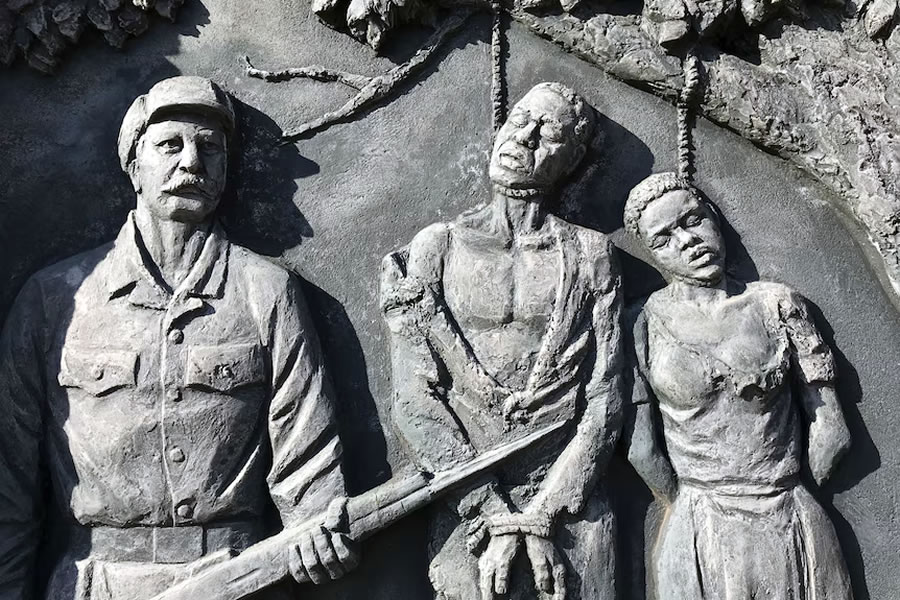
Amnesty International has urged Germany to take full legal responsibility for the genocide committed more than a century ago against the Ovaherero and Nama peoples, and to make reparations to their descendants through a fair and participatory process. The organisation denounces that, despite historical acknowledgement of the crime, Berlin continues to avoid its legal obligations under international law.
Between 1904 and 1908, German colonial troops exterminated tens of thousands of people in present-day Namibia. It was a planned campaign of annihilation: executions, deportations, forced labour and concentration camps marked the beginning of genocide in the 20th century. Those wounds, far from being closed, remain open in the communities that inherited the loss of land, culture and rights.
In 2021, Germany and Namibia signed an agreement in which Berlin pledged 1.1 billion euros for development projects over three decades. However, the Ovaherero and Nama communities do not recognise this pact as an act of reparation. They see it as an unequal transaction, imposed from above, which perpetuates the power relationship between the former colonial power and its ex-colony.
The traditional representatives of both peoples also complain that they have been excluded from the negotiations, which in their view empties any attempt at reconciliation of legitimacy. They demand the restitution of land, the return of human remains and sacred objects still preserved in European museums, and the preservation of the places where their ancestors were buried.
Amnesty argues that reparation cannot be reduced to conditional financial assistance. It demands restitution, recognition and guarantees of non-repetition. Its regional director for Southern Africa, Tigere Chagutah, stresses that there will be no real justice as long as victims remain bystanders in the process.
More than a hundred years after the extermination orders issued by General Lothar von Trotha, the echo of those atrocities resounds in Namibia. For the descendants of the Ovaherero and Nama, the struggle for justice is not only a historical claim, but an affirmation of dignity in the face of a past that Germany has not yet fully atoned for.
Source: amnesty.org; namibian.com.na; euronews.com
